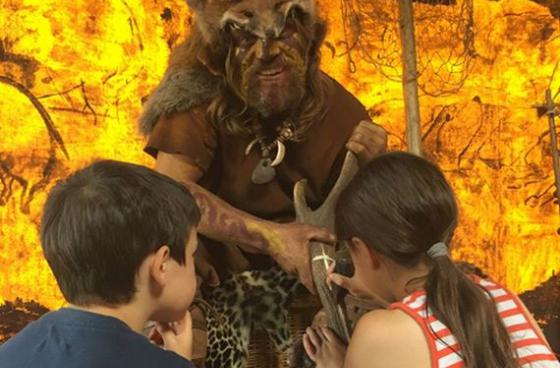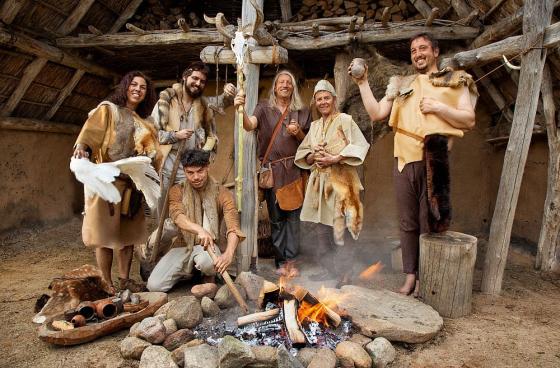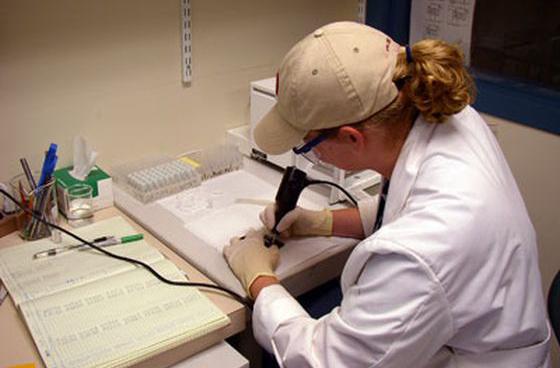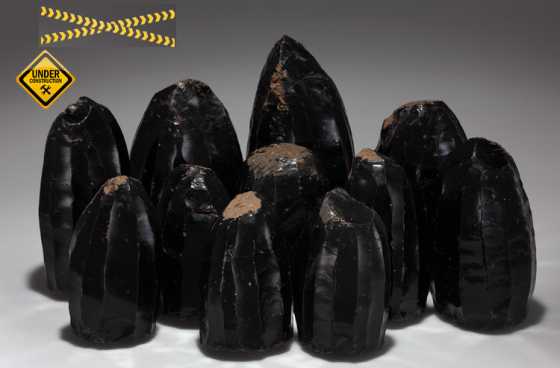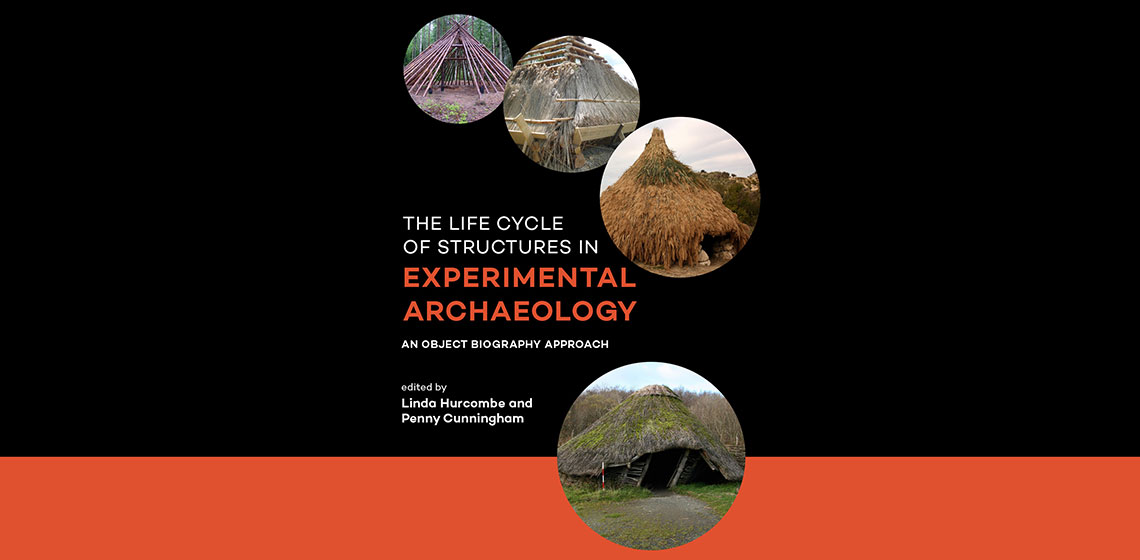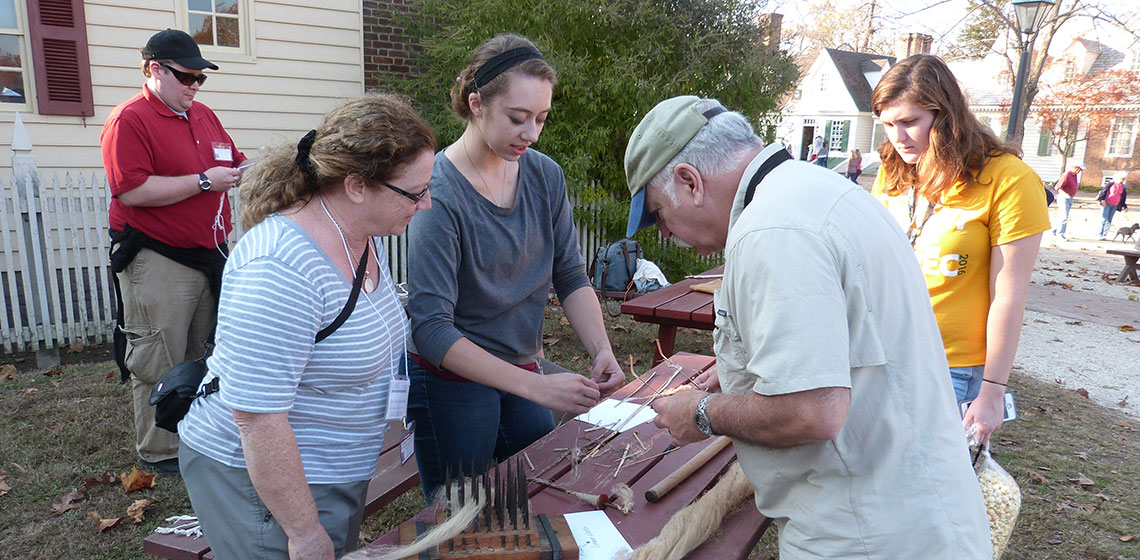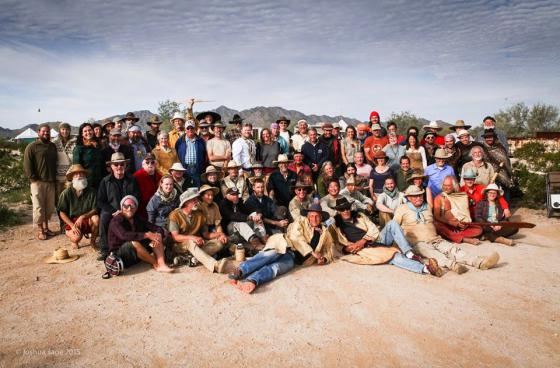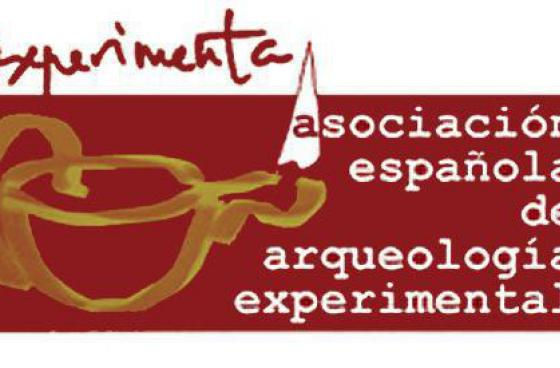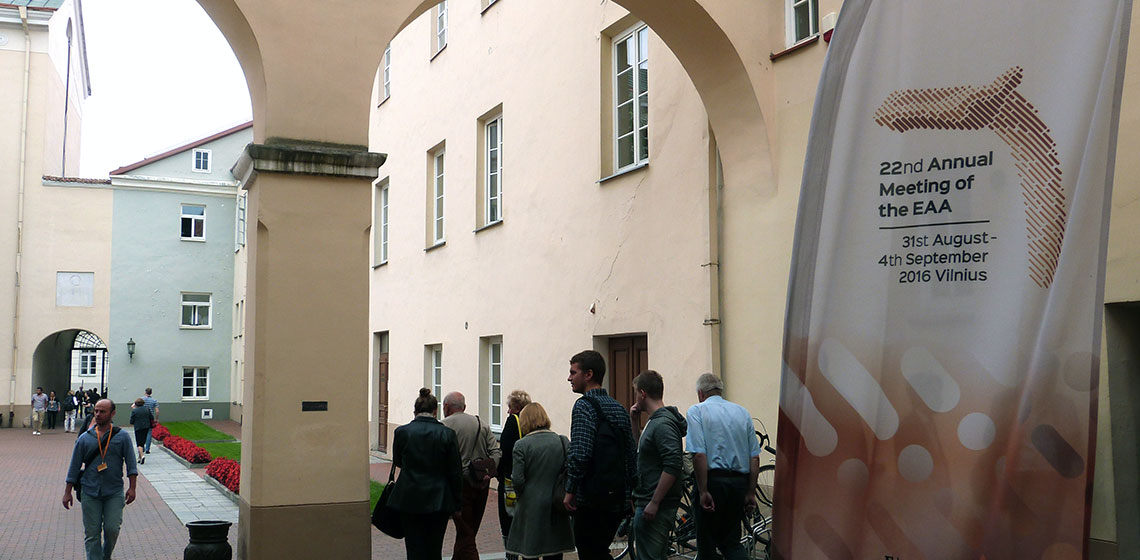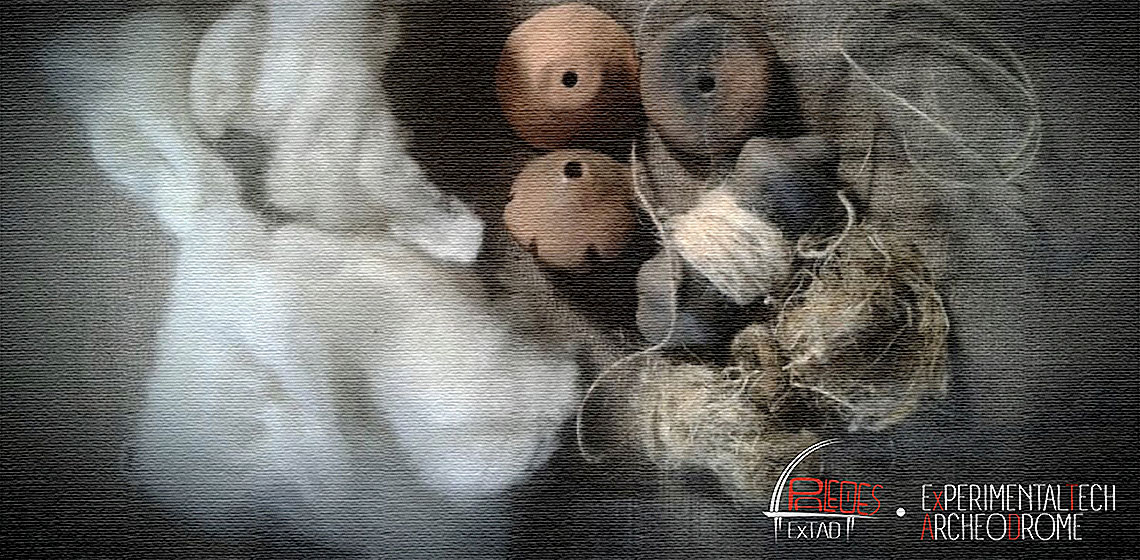Palaeolithic
Flint Festival
Country
- United Kingdom
Sharpen your prehistoric tools for a day out to remember as we celebrate everything that is great about flint! Explore the undulating grounds of Grime’s Graves, the only prehistoric flint mine open to the public in the UK, before heading deep underground into the prehistoric flint mine* wearing your hard hat!
Prehistoric Weekend 'Oerweekend'
Country
- the Netherlands
On the weekend of October 26 and 27, young and old are welcome at the OER weekend in the Hunebed Center. This weekend the Prehistoric Park is filled with prehistoric ancient people who bring the past to life.
12th Iberian Congress of Archaeometry (CIA 2017)
Country
- Spain
The 12th Iberian Congress of Archaeometry will be held between October 25th and 28th at the Centro Nacional de Investigación sobre la Evolución Humana (CENIEH) in Burgos .
The Iberian archaeometry community will meet to discuss the technological advances and their possible applications to the material study of historical, archaeological and cultural heritage.
International Obsidian Conference
Country
- Hungary
We invite you to participate in the next International Obsidian Conference, in May 2019 in Hungary, Budapest and Sárospatak. The conference is intended as consecutive to the Lipari Obsidian Conference held in 2016 (http://rtykot.myweb.usf.edu/...).
Book Review: the Lifecycle of Structures in Experimental Archaeology – An Object Biography Approach by L. Hurcombe and P. Cunningham
Conference Review: Reconstructive & Experimental Archaeology Conference REARC 2016
***The 2016 REARC conference hosted by EXARC in Colonial Williamsburg, Virginia, from November 18th to the 20th, was an unforgettable experience. After a midnight drive and a short night's rest it was time to listen to papers. Everyone giving a presentation was incredibly knowledgeable and the passion they had for their topics...
Winter Count
Country
- USA
Winter Count is a primitive skills gathering that has been taking place every February in the stunning Sonoran desert of southern Arizona since 1995. Founded by Dave and Paula Wescott, Winter Count (along with its sister gathering, Rabbitstick) is one of the preeminent gatherings of its kind.
V Congreso Internacional de Arqueologia Experimental
Country
- Spain
We are delighted to announce that the Institut Català de Paleocologia Humana i Evolució Social (IPHES), the Institut Català d’Arqueologia Clàssica (ICAC), the Institut Català de Recerca en Patrimoni Cultural (ICRPC) and the EXPERIMENTA Association will organize the V International Congress of Experimental Archaeology in Tarragona on 25, 26 and 27 October 2017.

